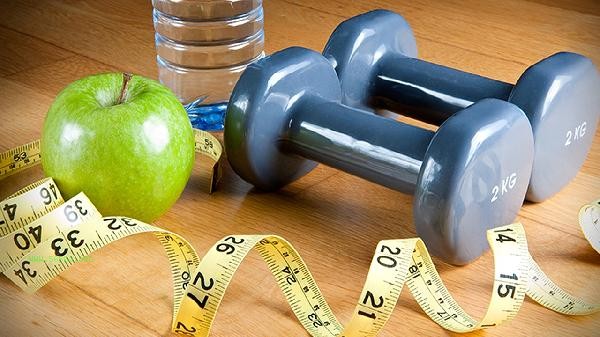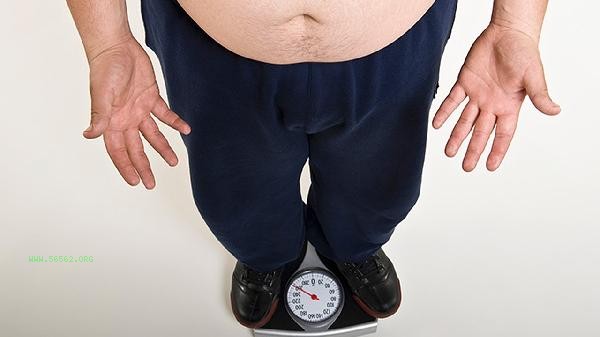Night shift workers need to adjust their meal structure and eating time for weight loss, with a focus on controlling total calories, optimizing nutrient ratios, and stabilizing metabolic rhythms. The main methods include high protein and low glycemic index breakfast, balanced lunch diet, light and low-fat dinner, combined with meal options and water supplementation.

1. Breakfast: anti fatigue type
Eating a high-quality protein breakfast within one hour after the night shift can stabilize blood sugar. It is recommended that two boiled eggs be paired with 300 ml sugar free soybean milk, supplemented with half root corn or two pieces of whole wheat bread. Avoid fried foods and refined sugars, with a protein content of at least 30%. Choose low glycemic index foods for carbohydrates to prolong satiety.
2. Lunch: Metabolic compensation type
After sleep, lunch should include 150 grams of steamed fish or chicken breast, paired with 200 grams of blanched broccoli and 100 grams of mixed grain rice. Increase dietary fiber and B vitamins intake to compensate for night shift expenses. Avoid braising, frying, and steaming with olive oil to reduce calorie intake by more than 30%.
3. Dinner: Light load type

Eat dinner 2 hours before work, mainly with 100g of tofu vegetable soup, tender tofu, 50g of mushrooms, and 100g of spinach, paired with a fist sized purple sweet potato. Control carbohydrates below 20 grams to avoid increasing digestive burden and affecting nighttime work efficiency.
4. Meal strategy
During night shifts, 2 additional meals can be arranged, with a recommendation of 20 grams of original almonds or 1 fist sized apple. Avoid consuming carbohydrates during the metabolic trough period from 3-4 am. Drinking 10 grams of whey protein powder can maintain muscle mass, and the calorie intake during each meal should be controlled within 100 calories.
5. Water Management
Drink 100-150 milliliters of water per working hour and choose light green tea or lemon water instead of coffee. Limit water intake 2 hours before the end of the night shift to prevent edema. Maintain a daily water intake of 2000-2500 milliliters. Adequate hydration can increase basal metabolic rate by 3-5%.

Night shift weight loss requires special attention to vitamin D supplementation, with 15 minutes of sun exposure or 400IU of vitamin D3 supplementation per day. It is recommended to perform resistance training three times a week, choosing 30 minutes of stretch band training after work or 20 minutes of weight training after nap. Maintain a fixed meal time with an error of no more than 1 hour, and use melatonin to regulate the biological clock during consecutive night shifts. Regularly monitor changes in body fat percentage, and it is recommended to control the rate of weight loss during night shifts within 0.5 kilograms per week.




Comments (0)
Leave a Comment
No comments yet
Be the first to share your thoughts!